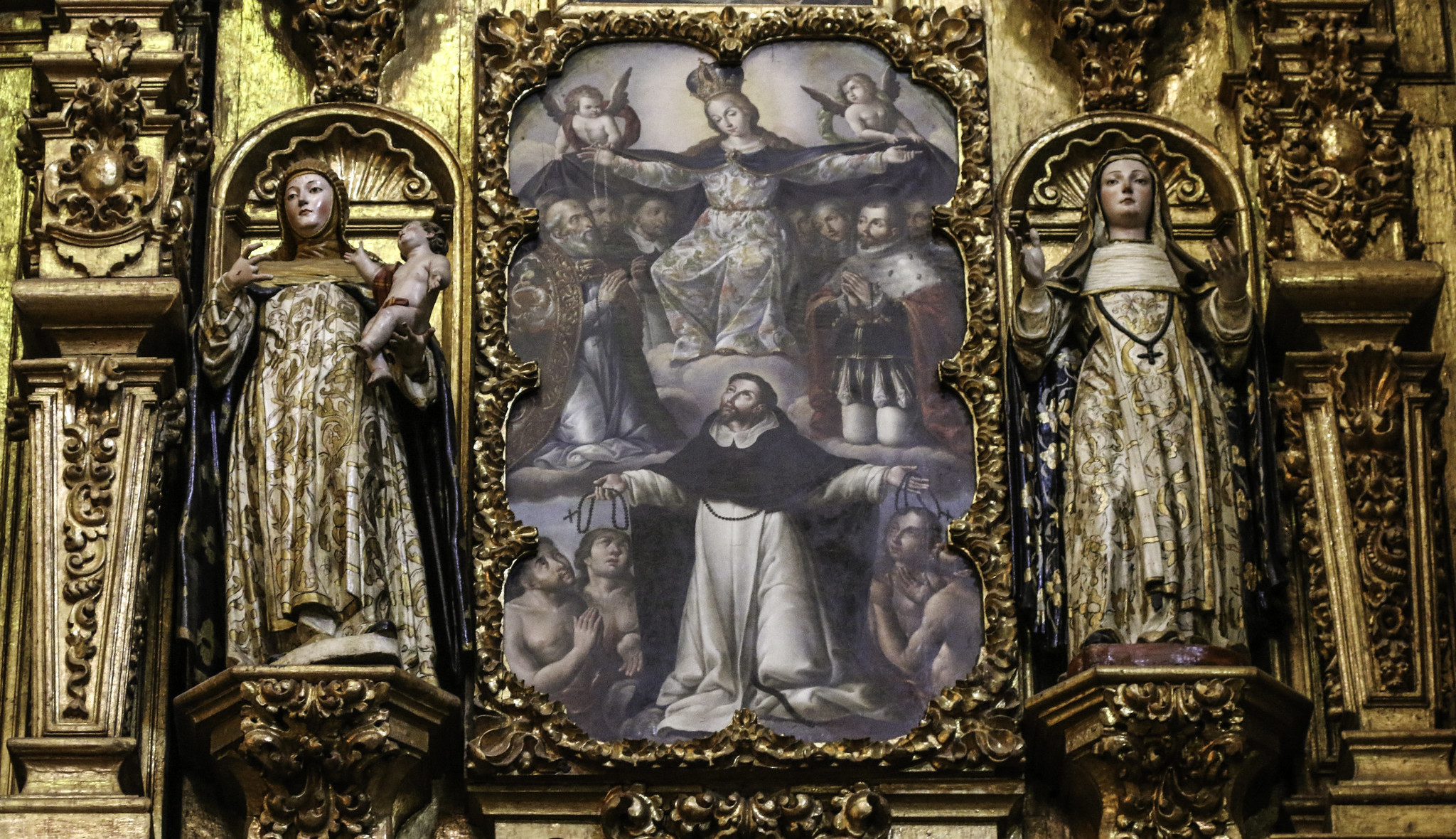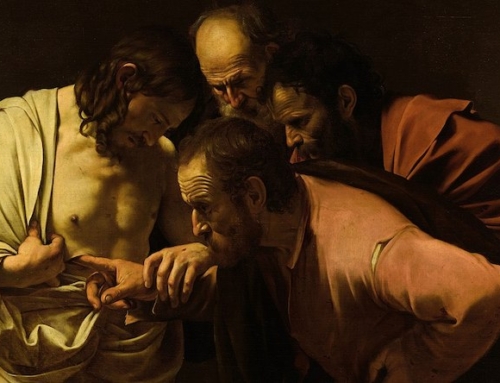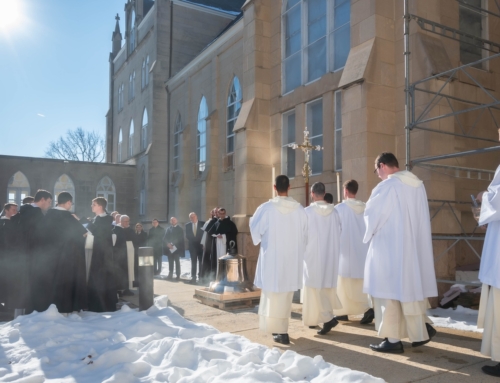In 1671, for the first time in her history, the Church canonized saints who lived and ministered in the Americas. On April 12 that year, Pope Clement X recognized two Dominicans as the first models of New World holiness: Saint Louis Bertrand, a Spanish friar who evangelized modern-day Colombia, and Saint Rose of Lima, a habited lay Dominican and spiritual heroine of colonial Peru.
These two saints, known for their harsh mortifications, remain perplexing to Catholics in North America. We do not understand their embrace of penance, so we overlook them as models for our spiritual lives and the New Evangelization. This is to our detriment. In truth, St. Rose and St. Louis Bertrand show us that penance is a perennially relevant virtue for Christians who seek divine intimacy and spiritual fruitfulness.
Official biographies of St. Louis Bertrand and St. Rose of Lima, written by Dominican friar Jean Baptiste Feuillet for their canonization, highlight that these New World saints deliberately emulated penitential Old World Dominicans.
Saint Louis Bertrand (†1581) looked to the life of Saint Vincent Ferrer (†1419)—a relative of his—as a rule for his own conduct. In Spain and Colombia, whether ministering to novices or new converts, he imitated St. Vincent’s fasting, his almsgiving, his love of prayer and silence, and his regular observance.
Likewise, St. Rose of Lima (†1617) accepted Saint Catherine of Siena (†1380) as a spiritual model from the age of five. Imitating St. Catherine, she consecrated her virginity to the Lord, took the habit of the Third Order, and lived in solitude on her family’s property. She fasted like St. Catherine, she prayed with rapturous affection like her, and—like St. Catherine—she overcame her revulsion to care for the sick.
Prominent in the lives of these New World and Old World saints are the three traditional works of satisfaction, which are encouraged to all the faithful every Lent: prayer, fasting, and almsgiving (ST Suppl. q. 15 a. 3). These actions submit our spiritual, bodily, and external goods entirely to God. They heal the wounds of our past sins and, by reversing our past disorders, they preserve us from further sins (ST Suppl. q. 12 a. 3).
These works belong especially to the virtue of penance, which is a rightly-ordered grief for past sins with the intention of removing them (ST III q. 85 a. 1). We might ask ourselves: why did friars as holy as St. Vincent Ferrer and St. Louis Bertrand embrace penance throughout their lives if they barely committed any sins? Why did spouses of Christ as pure as St. Catherine and St. Rose do the same?
A simple answer is that all Christians are called to grieve over previously-forgiven sins until the end of their lives. A Christian should always persevere in inward penance—i.e., displeasure at his past sins—for if he were to become pleased at them, he would in fact fall into sin (ST III q. 84 a. 8). Likewise, satisfactory acts of prayer, fasting, and almsgiving are weighted more toward preventing future sin than compensating for the past (ST Suppl. q. 12 a. 3 ad 4). Penance is a virtue not only for the recent sinner who turns toward the confessional for a fresh start. It is also a virtue for the committed disciple who resolves to sustain his purpose of amending his life until death.
God, who causes the virtue of penance by turning our hearts toward him (ST III q. 85 a. 5), crowned our saints’ persevering penance with extraordinary signs of divine approval. When St. Louis Bertrand preached in Colombia, he was blessed like St. Vincent Ferrer with the gift of tongues and the winning of innumerable souls for Christ. Absorbed in the contemplation of Jesus, St. Rose was, like St. Catherine, graced with a mystical espousal and an exchange of hearts with him.
The lives of St. Louis Bertrand, St. Rose of Lima, and their predecessors show us that penance is a perennial trait of apostles and lovers of Christ. It is a fundamental requirement for lasting and fruitful discipleship—including for us in America today. Beginning this Lent, then, grieve for your past sins. Pray, fast, and give alms. And allow Christ to make you more like his saints.
✠
Photo by Fr. Lawrence Lew, O.P. (used with permission)







